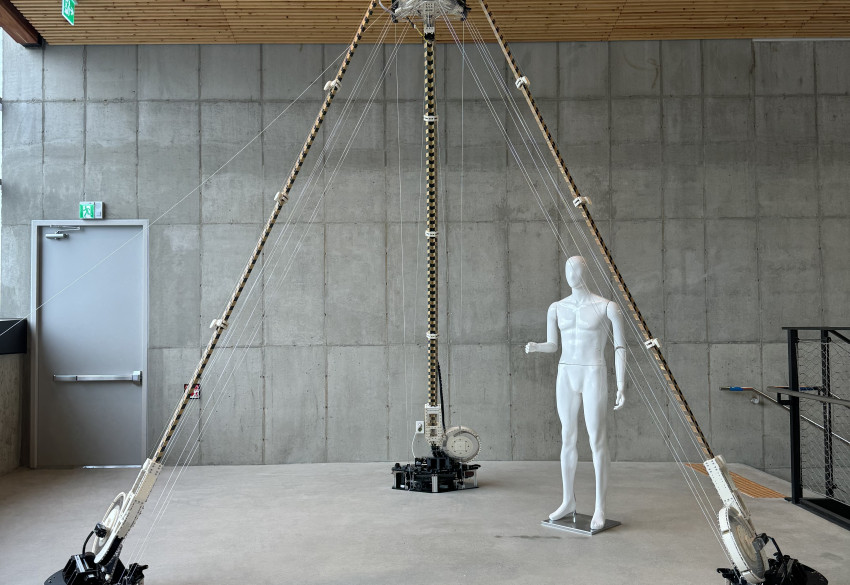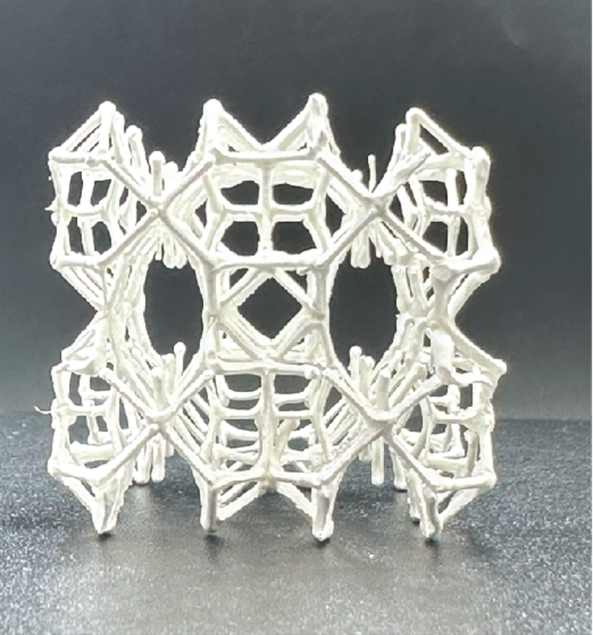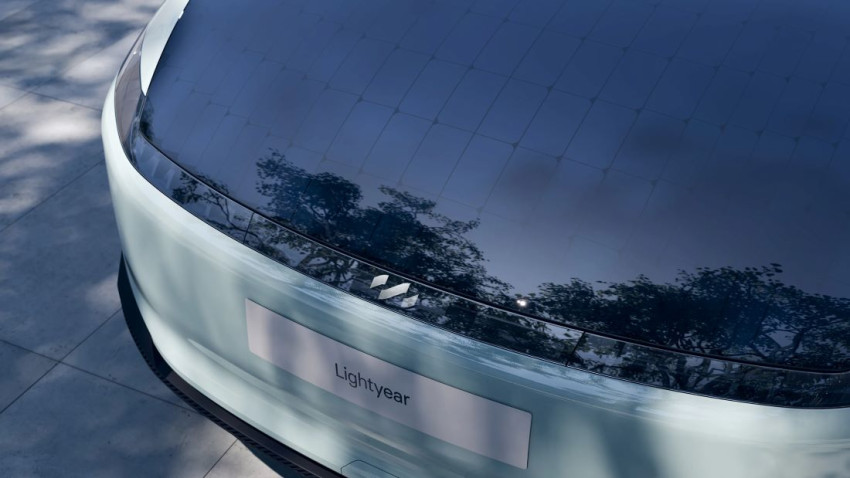
Absorbent material reduces roadside bomb-related brain damage
A military vehicle that drives over a roadside bomb or a landmine is subject to massive vertical acceleration so severe that it often results in brain damage to the soldiers involved. Material experts at the University of Maryland have now presented a possible solution: a layer of polyurea between the chassis and the vehicle's floorboards. The first tests show that this absorbent material can reduce the acceleration caused by the bomb by as much as 80%.
It is estimated that during military operations in Iraq and Afghanistan, many thousands of soldiers have been victims of landmines or roadside bombs, though fortunately not all of them were mortally wounded. A further primary danger is flying shrapnel or glass; and the shockwave triggered by the explosion which may cause brain damage.
However, one long-neglected fact is the enormous vertical acceleration of the vehicle (varying from a few times the gravitational acceleration up to several thousand g) which poses a severe danger to the brains of the soldiers in the vehicle.
Brain damage
“Intense acceleration can destroy synapses, damage nerve fibres, stimulate neuroinflammation and damage the brain’s blood vessels,” says Gary Fiskum, Professor of Anaesthesiology at the University of Maryland School of Medicine in the United States, in a press release. This is demonstrated in tests on laboratory animals done by Fiskum and colleagues. All things considered, the researchers summarise these symptoms as ‘light to mild brain damage’. The assumption is that a sudden shock will also cause such damage to humans.
Rubbery material
The trick is to reduce the severity of the acceleration. That is exactly what Fiskum’s colleagues from the Aerospace Engineering department of the same university are doing by designing tubular structures from the material polyurea. This is a type of elastomer, a rubbery material, that can be compressed under force but rebounds to its original shape once the force has been removed.
Watch this video for a demonstration of how the absorbent material works:
Distribution of forces
The absorbent polyurea was tested in small-scale trials in the lab. Based on these trials, the researchers think that the material’s force-absorbing property will reduce the blast acceleration by as much as 80%. Essentially, the polyurea structures spread out the application of force over a large surface area, resulting in much less acceleration.
The study is not only important for the army, as this absorbent layer could also prove very useful in civilian vehicles. Although private cars generally don't drive over explosives, they do occasionally get involved in massive crashes. The researchers also think that the absorbent material could improve the performance of crash helmets.
The research team is currently designing a new test with a larger model. “If the data holds up, we may draw the conclusion that a layer of absorbent material will help protect against brain damage, even in heavy-duty military vehicles,” according to fellow researcher William Fourney in the press release.
If you found this article interesting, subscribe for free to our weekly newsletter!
Opening image: A German army vehicle drives over a roadside bomb during an exercise. Source: Wikimedia






